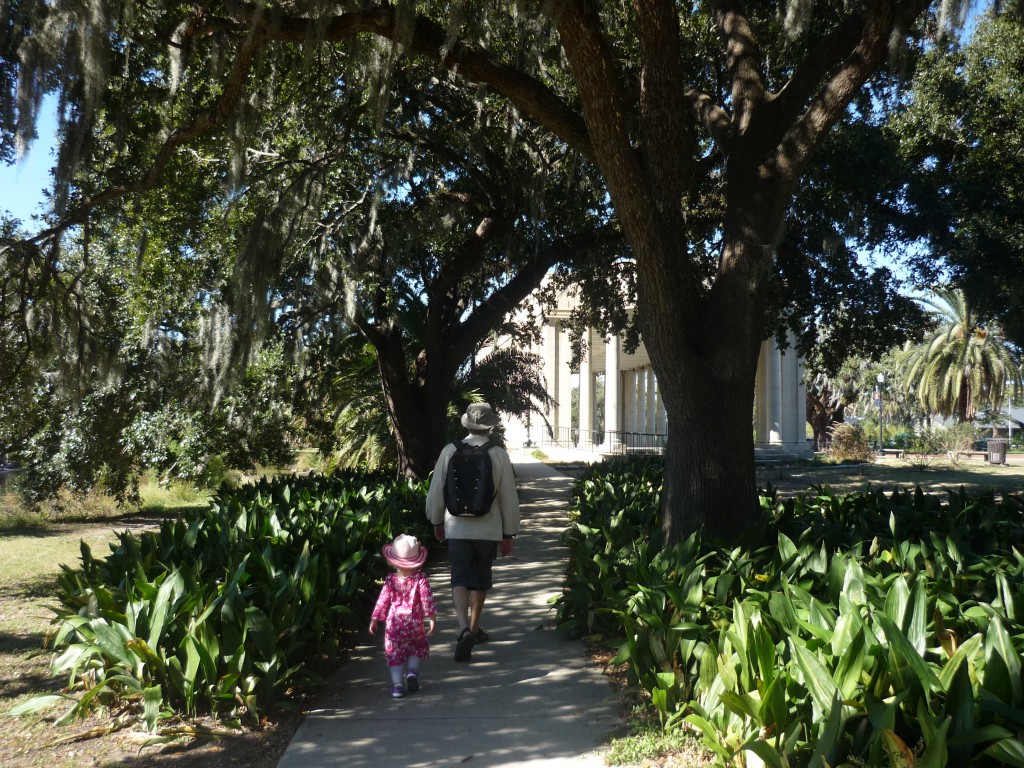Category Archives: News
International Committee of the Red Cross – Opening Records from 1966-1975
Head of the Archives and Information Management Division
International Committee of the Red Cross
Nigeria. Biafra conflict. M’Baise province (team 16). Arrival of relief supplies. Public 1969 © CICR / WITH, R.
Since its founding in 1863, the International Committee of the Red Cross (ICRC) has been aware of the importance of keeping a record of its work and of its legacy – in the form of paper and audiovisual archives – to preserve the memories and knowledge of its past and to lay the foundation for its current and future work. Over time, the organization has amassed an outstanding and unique collection that encompasses its own history as well as the history of international humanitarian law and humanitarian action in general.
ECR Engaging with Government programme
ECR Engaging with Government programme
AHRC and Institute for Government are accepting applications for their joint ‘Engaging with Government’ programme in February 2015. Applicants must be ECRs and must have received an AHRC award at some point in their career (further details on site): http://www.ahrc.ac.uk/Funding-Opportunities/Pages/Engaging-with-Government.aspx
The course is designed to provide an insight into the policy making process, and help participants develop the skills needed to pursue the policy implications of their research. It also aims to build links between policy makers and new research in the arts and humanities. Past participants have found the course interesting and useful.
What: ECR Engaging with Government programme
When: 24, 25, and 26 February (must attend all 3 days)
Closing date for applications : 5pm on Monday 20 October 2014
For any queries or further info, please use contact details provided on the AHRC website.
Three Large Grants announced!
Three Large Grants announced!
The Care for the Future: Thinking Forward Through the Past theme is pleased to introduce the newest members of its research family! The theme aims to generate new understandings of the relationship between the past and the future, and the challenges and opportunities of the present. The successful grants are innovative and collaborative research projects involving over 50 different UK and international partner organisations – we expect they will make a large contribution to the development of the theme. Welcome aboard!
The Presence of the Past and the Crucible of Empire
Thompson on ‘The Presence of the Past and the Crucible of Empire’ – See more at History News Network
In Search of British Values
Rumana Begum and Andrew Thompson
Email Rumana Begum, rumana90@hotmail.com or Andrew Thompson, a.s.thompson@exeter.ac.uk
Last week Michael Gove rekindled the debate on British values by demanding that they should be taught in Britain’s schools. Gove’s broadside against the dangers of Islamic extremism taking a hold of our education system was backed by the Prime Minister, who rallied to his Education Secretary’s side, claiming that the incorporation of British values into the school curriculum was likely to have the “overwhelming support” of the country. The Prime Minister went on to give his own view of what these values are, citing freedom, tolerance, respect for the rule of law, belief in personal and social responsibility, and a respect for British institutions.
This is not the first and doubtless it won’t be the last time that the question of “core British values” has hit the media headlines. In 2001, in the wake of riots in Bradford, Burnley and Oldham, the failure to identify and inculcate British values was widely thought to be the biggest stumbling block to community cohesion and a shared sense of national identity. Continue reading
Teaching, Learning and Remembrance
Dr Catriona Pennell, Senior Lecturer in History, University of Exeter
(with Dr Ann-Marie Einhaus, Lecturer in Modern and Contemporary Literature, Northumbria University)
The passing of time as societies move further away from a moment of historical significance is traditionally marked by an anniversary. The nature of the remembrance ritual varies massively depending on the event being commemorated (and where), at what level (official or otherwise) the remembrance takes place, and the contemporary purpose (political, educational, ideological) such rituals serve. Commemoration is complex; as the eminent historian of war and memory, Professor Jay Winter says, ‘there is an overwhelming difficulty about trying to establish what is the purpose of commemoration’ exacerbated by the fact that remembering one memory often involves the ‘forgetting’ of others. Furthermore, as time evolves so does the meaning of each commemoration.
In 2014, it feels like we are surrounded by anniversaries. Already, at the time of writing, the calendar has marked the 25th anniversaries of the Soviet withdrawal from Afghanistan (February) and the massacre at Tiananmen Square (June), Shakespeare’s 450th birthday (April), as well as the 70th anniversary of the D-Day landings that marked the beginning of the invasion of Europe during the Second World War. Continue reading
Ghost Children in London, Walking in New Orleans
Cross-posted from After Katrina: A View From the Outside, 18//4/14
Dr Anna Hartnell, Lecturer in Contemporary Literature, Birkbeck College, University of London
 A series of reports this week are showing that many UK school children and their teachers are exhausted, over-worked by an economy and political context that fails to support workers, families, or the flourishing of those little people who are already born into a world over-shadowed by the carelessness, greed and the general over-reaching of a generation who showed little regard for the future of the next. No doubt like many parents, I watched these reports feeling vaguely complicit, totting up the weekly hours that my not-yet-three year old currently spends in childcare: 32. Not quite a full-time job but nearly there. As an academic I have the luxury of flexible working hours that means I can see a little more of my child if I am prepared to work most evenings and sometimes long hours into the night. This arrangement can make me feel a little ghostly at times, but I am privileged to have a choice not open to most.
A series of reports this week are showing that many UK school children and their teachers are exhausted, over-worked by an economy and political context that fails to support workers, families, or the flourishing of those little people who are already born into a world over-shadowed by the carelessness, greed and the general over-reaching of a generation who showed little regard for the future of the next. No doubt like many parents, I watched these reports feeling vaguely complicit, totting up the weekly hours that my not-yet-three year old currently spends in childcare: 32. Not quite a full-time job but nearly there. As an academic I have the luxury of flexible working hours that means I can see a little more of my child if I am prepared to work most evenings and sometimes long hours into the night. This arrangement can make me feel a little ghostly at times, but I am privileged to have a choice not open to most.
Some irritating TV reporting wanted to turn this bold and important statement by the Association of Teachers and Lecturers into ‘another way to make parents feel guilty’. But as representatives of the teachers’ union repeatedly stated, this report is an indictment not of over-worked parents but rather the social and political context that shapes the conditions of precarity that govern most working families’ lives, wherein wages are decreasing in real terms while the cost of food and rents rise. Redundancies loom on the horizon. And the rich get richer. Continue reading
New ECR fellowship award websites
The Value of Heritage in our Homes
Cross-posted from Heritage Calling: An English Heritage Blog
George Clarke, architect and Creative Director of architectural practice George Clarke + Partners; writer, lecturer and TV presenter.
Britain faces a number of critical housing issues. There is a series of difficult and complicated problems that needs to be addressed so that we can have a clear and long-term housing plan that is not only sensible, but also achievable. Short-term reactions don’t work, but with cross-party approval a long-term strategy can be consistently implemented by whichever government is in power. If we don’t have that long-term plan then the crisis will never be solved. I sometimes wonder whether the scale of the crisis is so large and the decisions that have to be made are so difficult that elected politicians aren’t quite sure how to deal with it and are even afraid to do the right thing. But doing nothing is not an option.The government and the country as a whole need to act – and they need to act now.
Good buildings not only improve the lives of those that use them and live in them, but also make significant, positive contributions to the built environment. They enhance the villages, towns and cities in which we live. Good architecture has a powerful effect on all of us and can add value in so many ways. Continue reading



